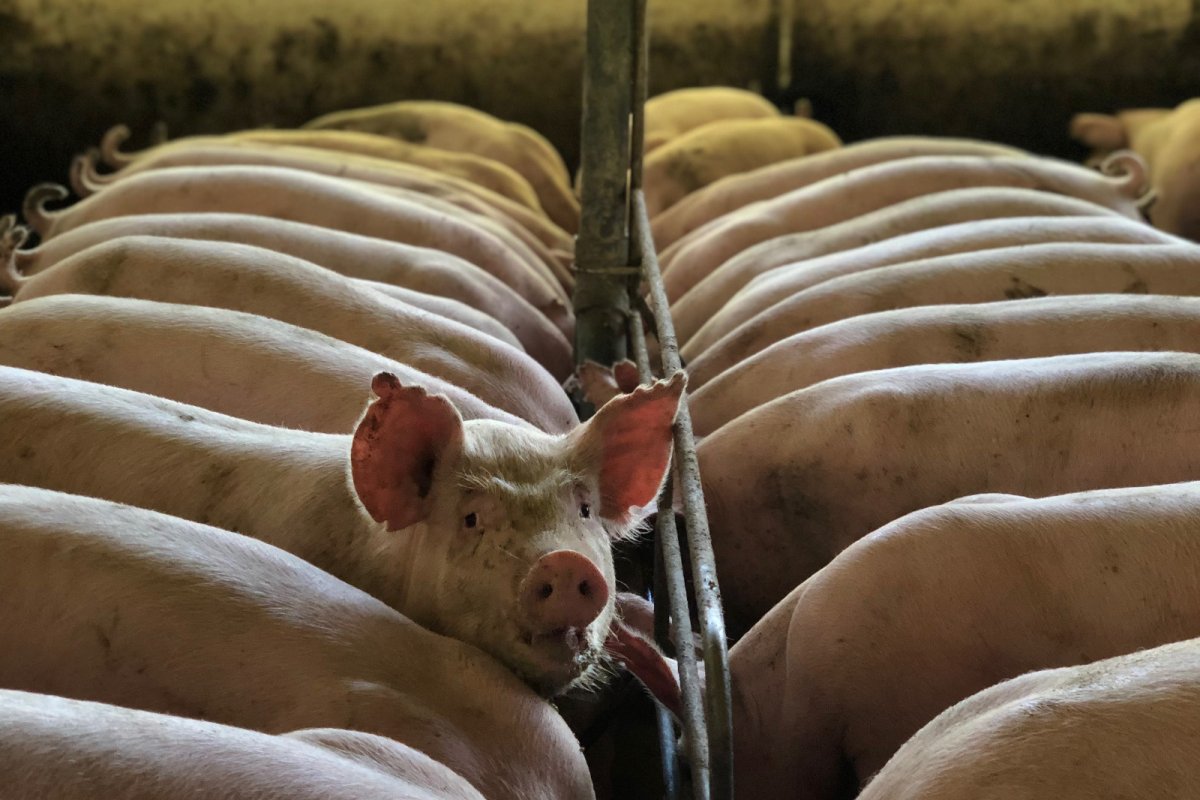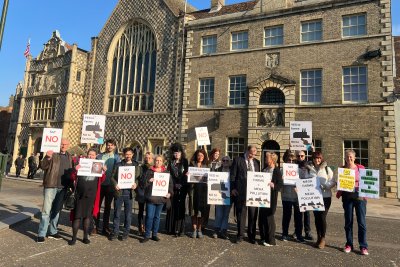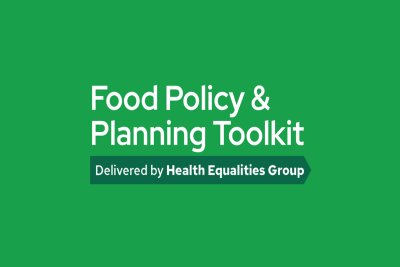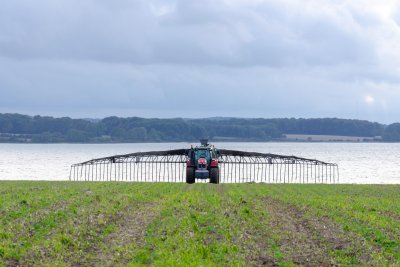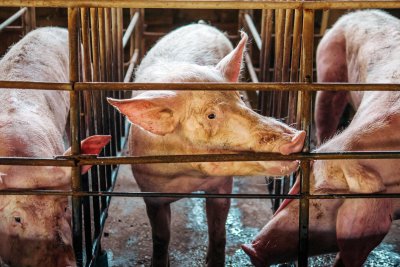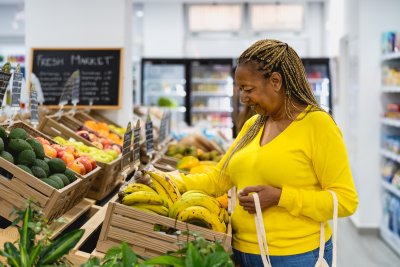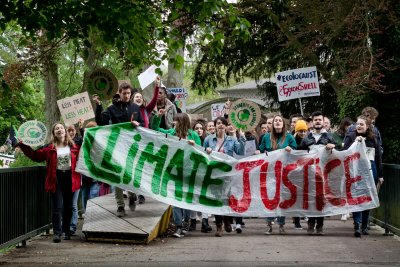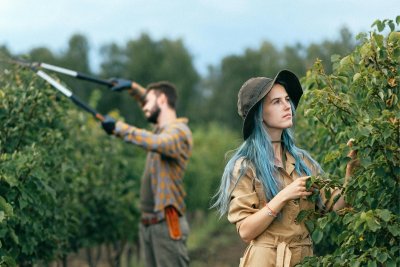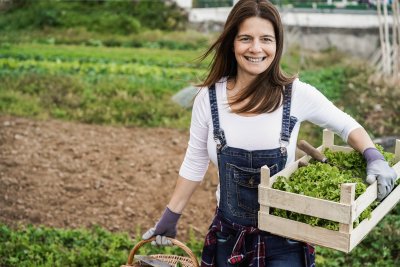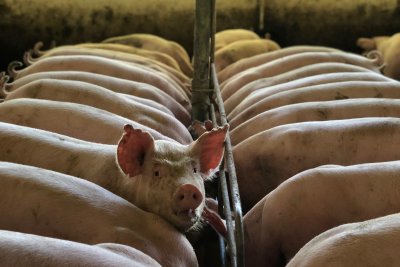 Factory farmed pigs. Credit: Barbara Barbosa, Pexels
Factory farmed pigs. Credit: Barbara Barbosa, Pexels
New briefing calls for overhaul of environmental permitting to address intensive farming impacts
The Intensive Livestock Farming Working Group, which is led by Wildlife and Countryside Link (Link) and includes Sustain, has released a briefing urging significant reforms to the environmental permitting system.
Reforms are aimed at mitigating environmental, public health, and animal welfare impacts of intensive livestock farming. Environmental permits are required in the UK for opertations that have the potential to cause environmental harm, to help control pollution. Currently they are only required for intensive livestock units with capacity for over 40,000 chickens, 2,000 production pigs (over 30kg) or 750 sows. Intensive beef and dairy units and smaller intensive units do not require a permit.
Intensive livestock farming, predominantly operated by large agribusinesses and international corporations, is a major source of river pollution, greenhouse gas emissions, and animal cruelty. These operations also disadvantage smaller, more nature-friendly farms who are landed with increased pollution-mitigation regulation.
Link's briefing describes the current system as unfit for purpose and failing to prevent mounting harm. It proposes an ‘enhanced environmental permitting system’ through new primary legislation, including:
- Reformed Permitting Thresholds: The government should conduct a feasibility study on the impacts of different permitting thresholds, and respond with targeted reforms.
- Higher Operating Standards and Ecological Conditions: New standards for permits are required, including maximum stocking density, ecological context conditions, and additional requirements on environmental and waste management and animal welfare. For instance, nutrient budgets would reduce nutrient loading in vulnerable catchments.
- Conditional Permits: Permits for intensive operations should require a slurry management plan, climate change impact assessment and end-use waste strategy, with more stringent conditions in polluted areas.
The Government's Environmental Improvement Plan, published in January 2023, committed to expanding environmental permitting and to include intensive cattle farms, though these proposals have yet to materialise. Additionally, the April 2024 ‘River Wye Action Plan’ included proposals to consult on amendments to permitting regulations.
Link advocates for a new, enhanced permitting system encompassing all intensive livestock systems, including poultry, pigs, and all forms of cattle.
For more information, please contact:
Hannah Blitzer, Senior Policy Officer, Wildlife and Countryside Link:
hannah.blitzer@wcl.org.uk
Matt Browne, Head of Policy and Advocacy, Wildlife and Countryside Link:
matt@wcl.org.uk
Food for the Planet: Helping local authorities to tackle the climate and nature emergency through food.
Sustain
The Green House
244-254 Cambridge Heath Road
London E2 9DA
020 3559 6777
sustain@sustainweb.org
Sustain advocates food and agriculture policies and practices that enhance the health and welfare of people and animals, improve the working and living environment, promote equity and enrich society and culture.
© Sustain 2025
Registered charity (no. 1018643)
Data privacy & cookies
Icons by Icons8
